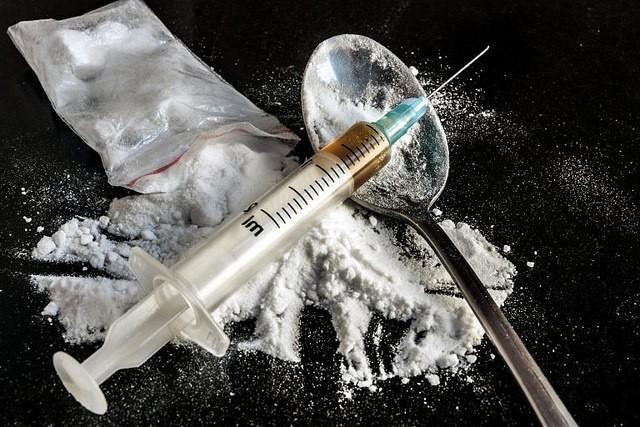Image

SHUTTERSTOCK
Image

SHUTTERSTOCK
Image

ONE OF EIGHT BILLBOARDS AROUND THE PORTLAND AREA THAT CASCADIA BEHAVIORAL HEALTHCARE HOPES WILL ATTRACT PARTICIPANTS TO ITS MEDICATION SUPPORTED RECOVERY FOR METH PILOT./COURTESY OF CASCADIA BEHAVIORAL HEALTHCARE
Image

CC BY 2.0
Image

SHUTTERSTOCK
Image

SHUTTERSTOCK